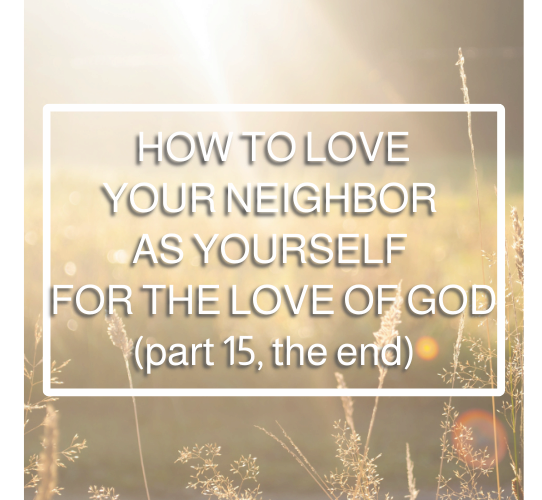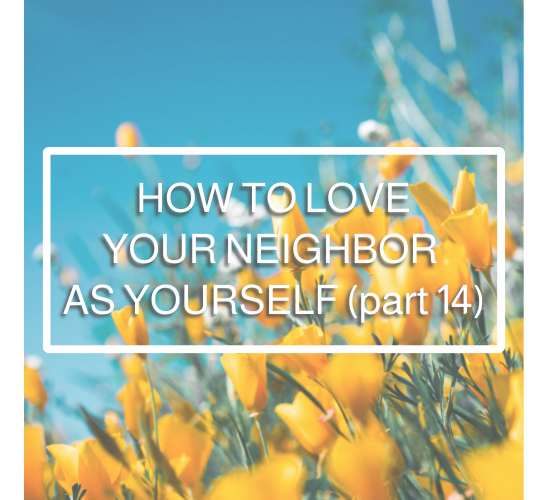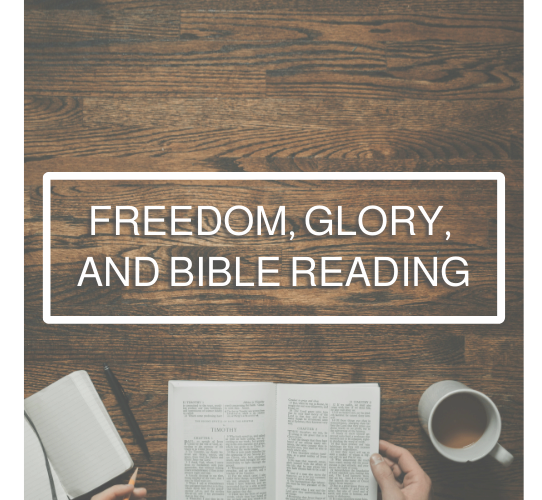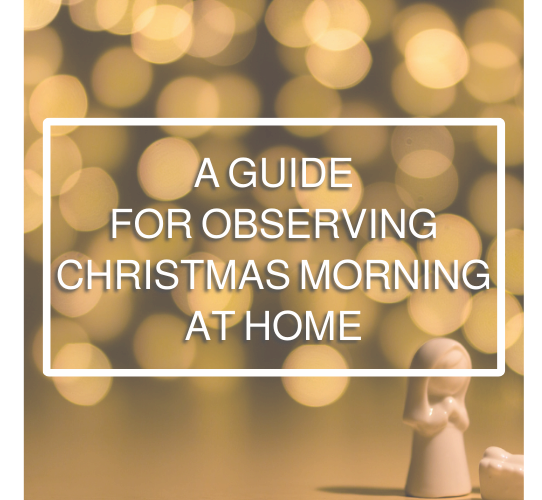Always the Good Shepherd
“Your rod and your staff, they comfort me… Surely goodness and mercy shall follow me all the days of my life…” -Psalm 23:4, 6
“The LORD passed before [Moses] and proclaimed, “The LORD, the LORD, a God… abounding in steadfast love and faithfulness.” -Exodus 34:6
“And the Word became flesh and dwelt among us and we have seen His glory, glory as of the only Son from the Father, full of grace and truth.” -John 1:14
Part 1
“Your rod and your staff…” We meet these images in Psalm 23:4. These were tools a shepherd would carry to guide the sheep and to ward off would-be sheep-stealers. They were comfort, guidance, blessing, and also keeping, protecting, sheltering—two parts of good shepherding.
Psalm 23 contains the word “and” three times. Once, in v. 6, it means, “and then.” But twice it means “these two things together.” “Your rod and your staff… goodness and mercy…” One pair is an image, a picture of something else, something concrete; the second pair is that actual thing.
God doesn’t carry a shepherd’s staff or grip a shepherd’s cudgel. But God follows us—like a shepherd—with His goodness and His mercy. These two things—the actual things—are symbolized by the shepherd’s tools. When we’re in dark valleys, when we’re scared to death, God’s goodness and mercy are known to us as a guiding, compelling, tap on the keister, and as a firmly gripped mean-looking hunk of wood with wolf hair embedded in the cracks.
As we’ve noted many times before—though it’s worth recalling—it’s in that dark place that David shifts from speaking about the LORD to speaking to the LORD: “He… you…” The Lord comforts us in our afflictions. It’s in those afflictions we get to know His comfort in ways green pastures and still waters--as comfortable as they sound--never quite deliver.
Part 2
In Exodus 34, Moses has had to up to here with Israel. He wants to see God’s glory—he’s afflicted and he needs a vision of God to keep him going. So God says He’ll make His “Name” pass before Moses. That is, God will make known the essence of His character, who-He-really-is, in no uncertain terms, so that Moses knows he can trust God going forward.
The Lord sticks Moses in a mountain crag and declares to Moses His Name: “The LORD, the LORD, a God… abounding in steadfast love and faithfulness.”
The phrase “steadfast love” translates our Psalm 23-word, “mercy.” It is often paired with another word, such as faithfulness, to put two ideas before us: first, God will absolutely keep His Word—He is faithful, good, trustworthy, true—and second, God’s Word is a promise to love us and keep us to the end. This is what He explains to Moses in that traumatic scene; this is what David explains at the end of Psalm 23 after depicting those traits with shepherd-symbolism.
Part 3
And this is what John writes about the Good Shepherd when He appears and we get to see His glory, at last, ourselves: “the Word became flesh and dwelt among us and we have seen His glory… full of grace and truth.”
Goodness and mercy, Steadfast-love and faithfulness, and now, Grace and Truth: John is more than echoing these phrases, he is evoking these precious memories of God's people. He’s saying, “The glory we heard about in the glorious wrecking of Exodus 34 and in the good shepherd's work of Psalm 23 is the glory we now see and meet in Jesus.”
End
The LORD is your shepherd, my friend. Jesus will go with you into the worst places life takes you—even the valley of menacing shadows where “we despair of life itself” (Paul, 2Cor 1:8). And Jesus can be reliably trusted to carry us out. Because sometimes we get into those spots because it’s dark and stormy, and sometimes we get stuck out here because we’re sinful and silly. Either way, Jesus will bring us through: He is good and He is merciful; He is gracious and He is true.
God can no more desert you, His sheep, His own, than He can become someone other than who He is. He is the Good Shepherd. He always has been. He always will be.
And we shall dwell in the house of the Lord forever.
Photo by Kuldar Kalvikon on Unsplash











